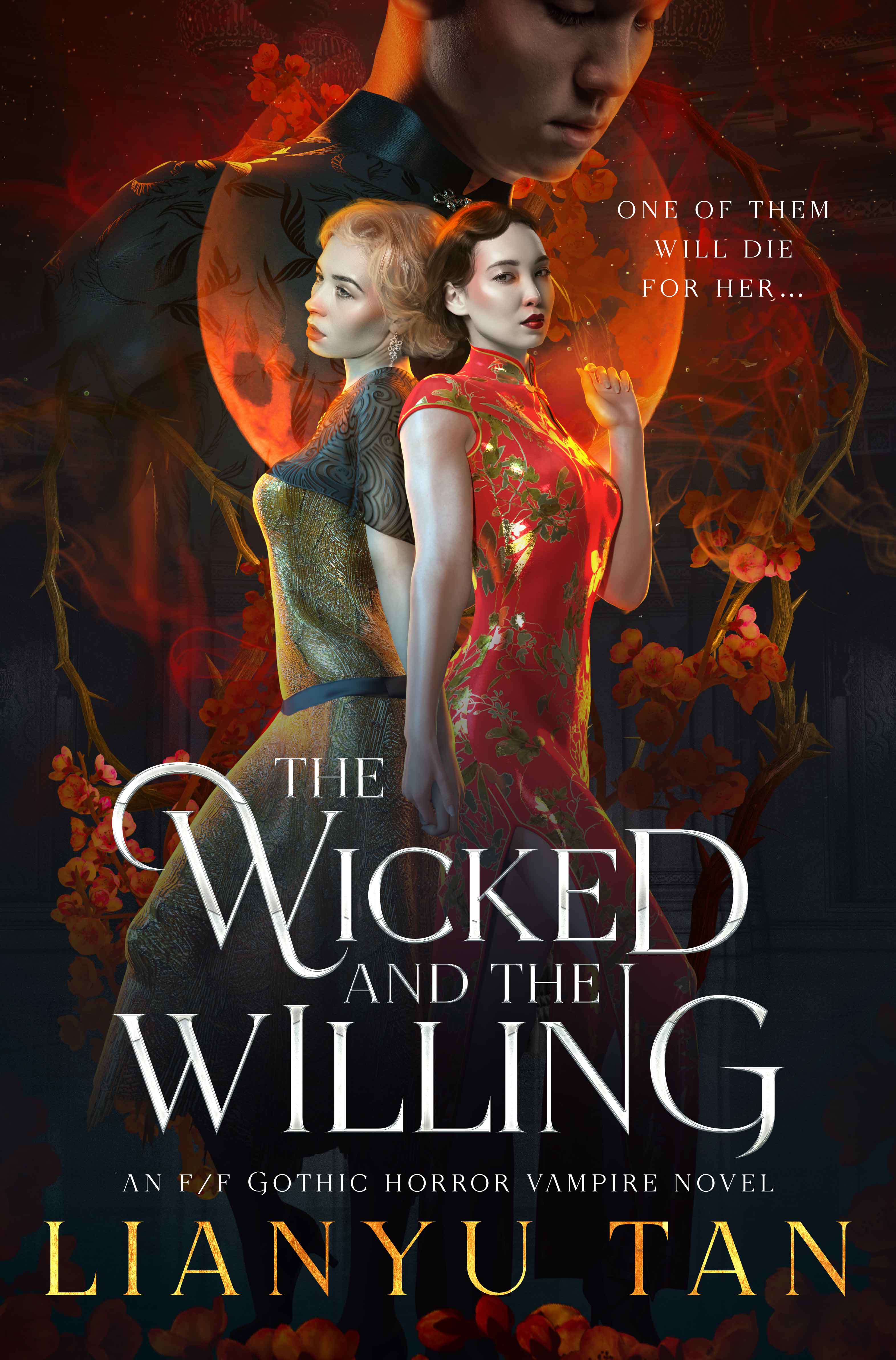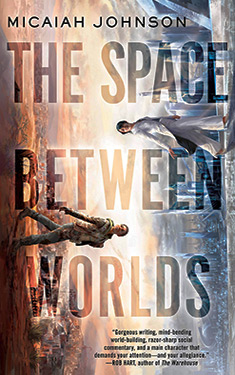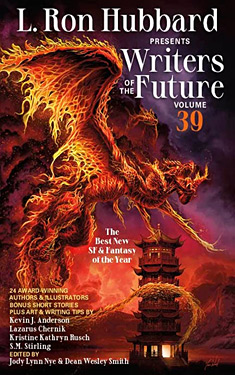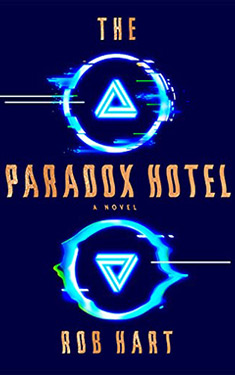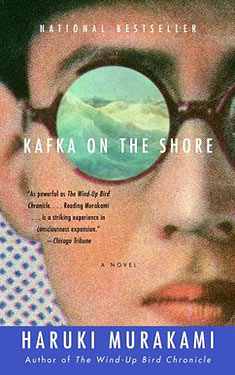Lianyu Tan
Completed 5/28/2023, Reviewed 5/28/2023
4 stars
Steamy dark gothic lesbian vampire romance is not my usual cup of tea. I read this book because it is a 2023 Lambda Literary Award Nominee for Speculative Fiction. So I was very surprised I enjoyed it as much as I did. Tan is a wonderful writer who makes beautiful sentences, crisp dialogue, and intriguing characters. I’ve been trying to read all the Lammy Spec Fic nominees for several years now, and this is definitely one of the better ones. My only complaint with the book was that it had two endings to choose from (and a third located in another book). I felt one ending was better written than the other. And I’m not too keen on the concept of the pick your own ending, but in this case, I can see why Tan might choose to do this.
The plot is straight forward. Verity Edevane is a British vampire in 1927 Singapore. Po Lam is the chief steward of Verity’s estate. She is gender fluid. Besides her usual duties to the household, she lures young women for Verity’s meals and disposes of their bodies in the bay. She lives with the guilt of her obedience to her mistress. Gean Choo, whom Verity calls Pearl, is a poor young woman whose remaining parent has just died. She gets a job in Verity’s household as an amah, or personal maid. Verity seduces Gean Choo sexually, mentally, and emotionally, making Gean Choo believe she loves her mistress. Verity also believes she loves Gean Choo, but their relationship is anything but normal or healthy. Po Lam tries to subtly and not so subtly to protect Gean Choo from Verity. In the process Po Lam and Gean Choo seem to fall in love as well. In the meantime, Singapore has a new Vampire liaison to the British rulers of Singapore who tries to convince Verity to marry him to strengthen their vampire bloodline.
Gean Choo is the heroine of the story. I had mixed feelings about her character because she is so damaged. She was abused as a child, raised in poverty, and her only choice is to take this well-paying job for a mysterious mistress. But even as Verity’s secret is revealed, Gean Choo remains, despite Verity’s narcissistic control over her. I had to remember that this is 1927 British-ruled Singapore and not some contemporary urban Vampire story. Gean Choo is not a kick-ass modern heroine. She is a product of her times and place. For what she is dealt, I found myself rooting for her through all the crap that happens to her.
Yes, Verity is a narcissistic and abusive lover. She uses all the trappings to convince Gean Choo that they love each other despite the abuse, including the “you made me do this to you” excuse. Sometimes, the scenes are very hard to read. Just when you think she’s changing, she does something to make you wretch.
I think the real romance is the slow burn between Gean Choo and Po Lam. You want this to work out. But the two walk so delicately around each other that it seems they will never get together. They each have tons of baggage. However, I kept rooting for them despite their trepidatious dance.
I give this book a careful four out of five stars. My only real complaint is the two endings. I read both, and one seems less well crafted than the other. I don’t want to give away either, so no spoilers. However, I feel that regardless of the which ending she chose, if Tan had stuck to one or the other, it would have made a solid book. Be aware that this book comes with warnings from the author. She points out that it contains adult content, including sexually explicit scenes, rape, and torture. There’s a particularly rough scene with holy water. That is why the book is so dark. It’s not just the tone, but the content.
